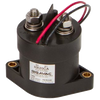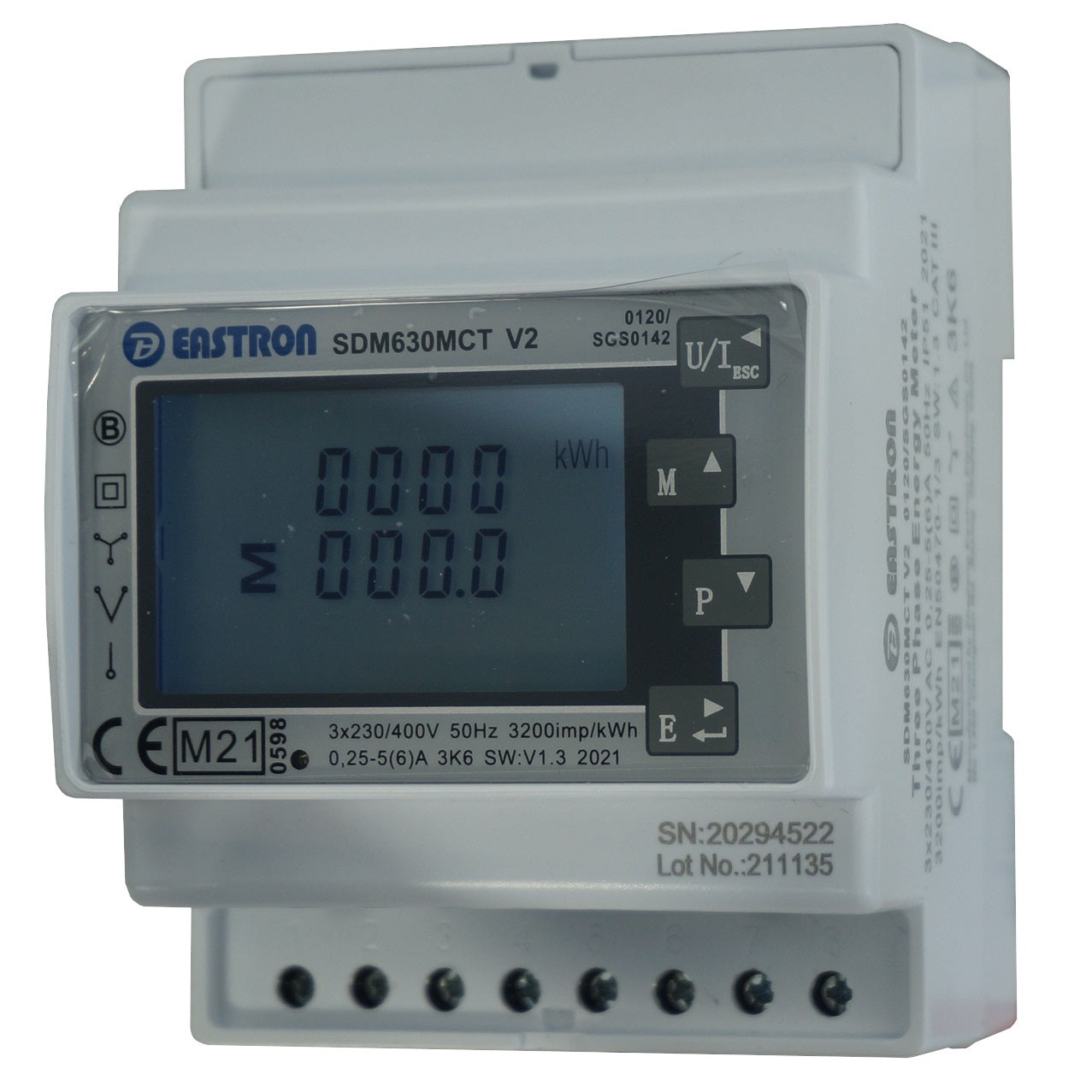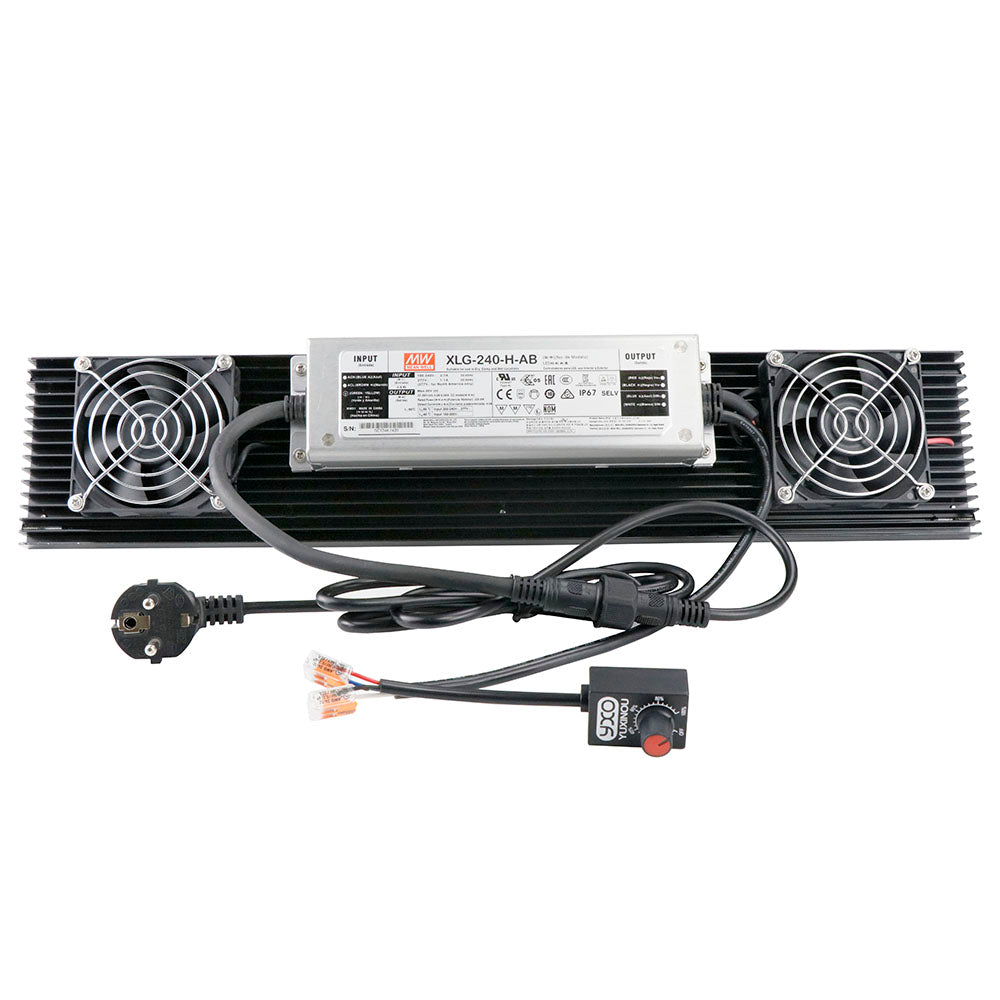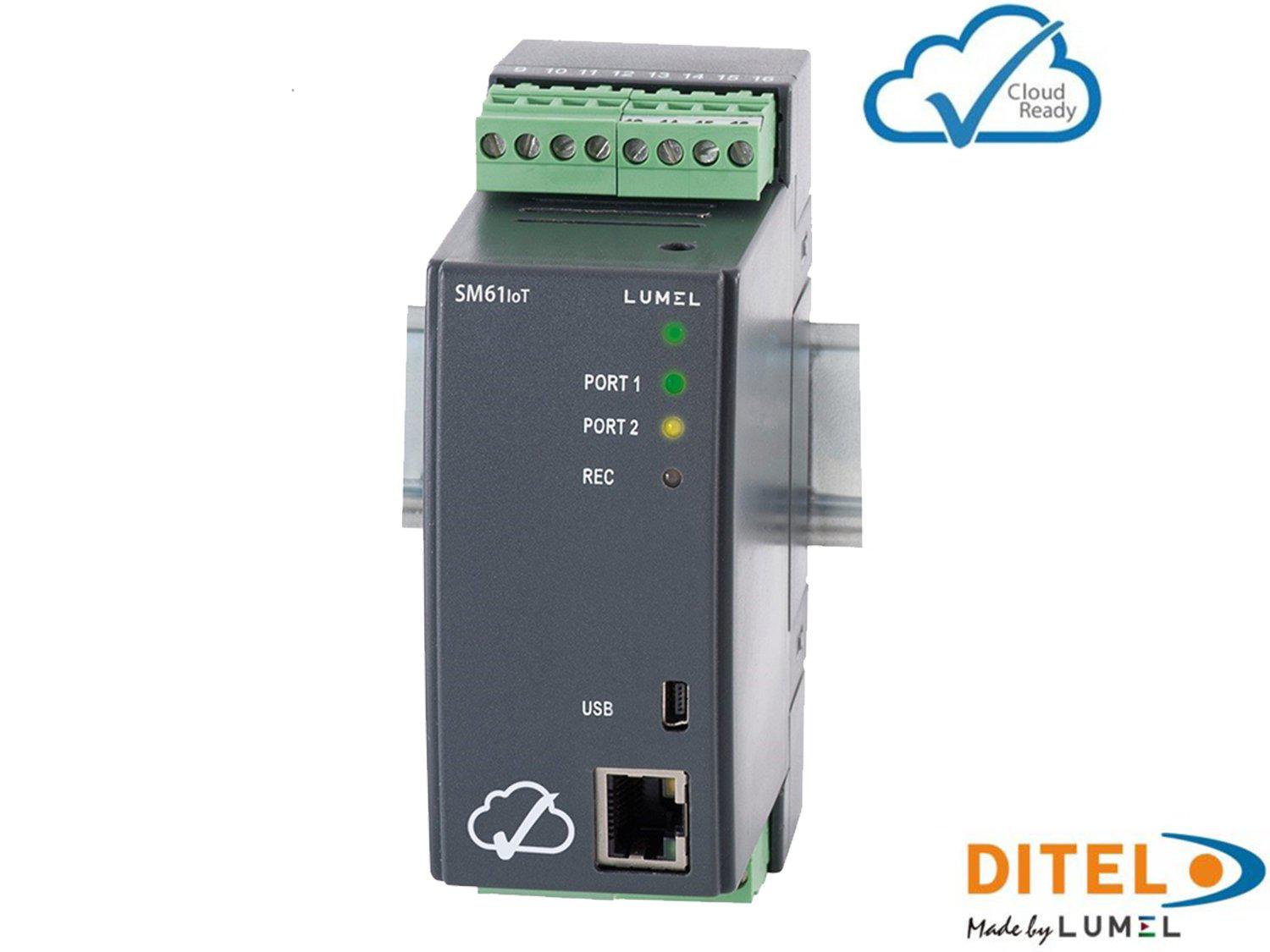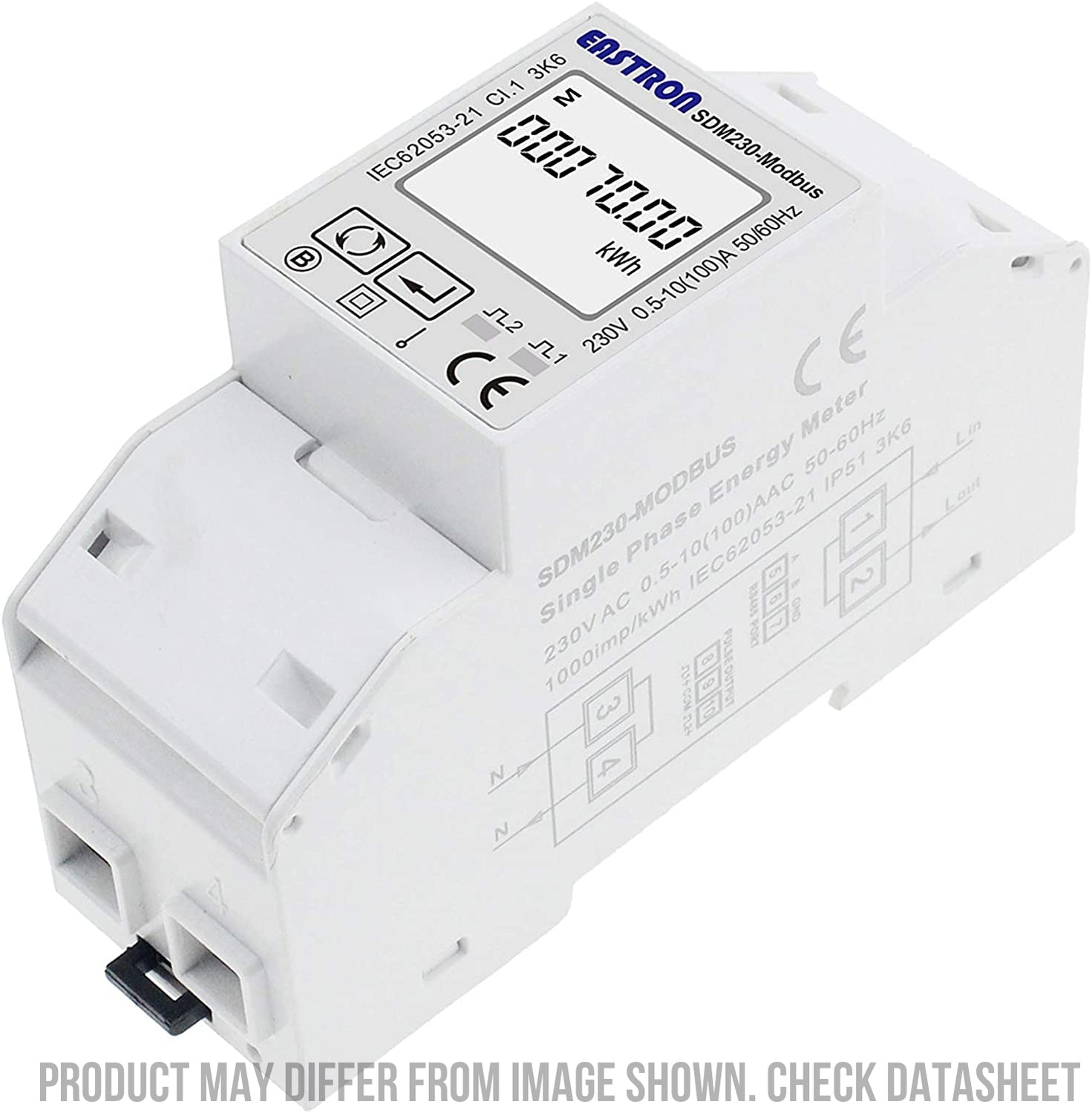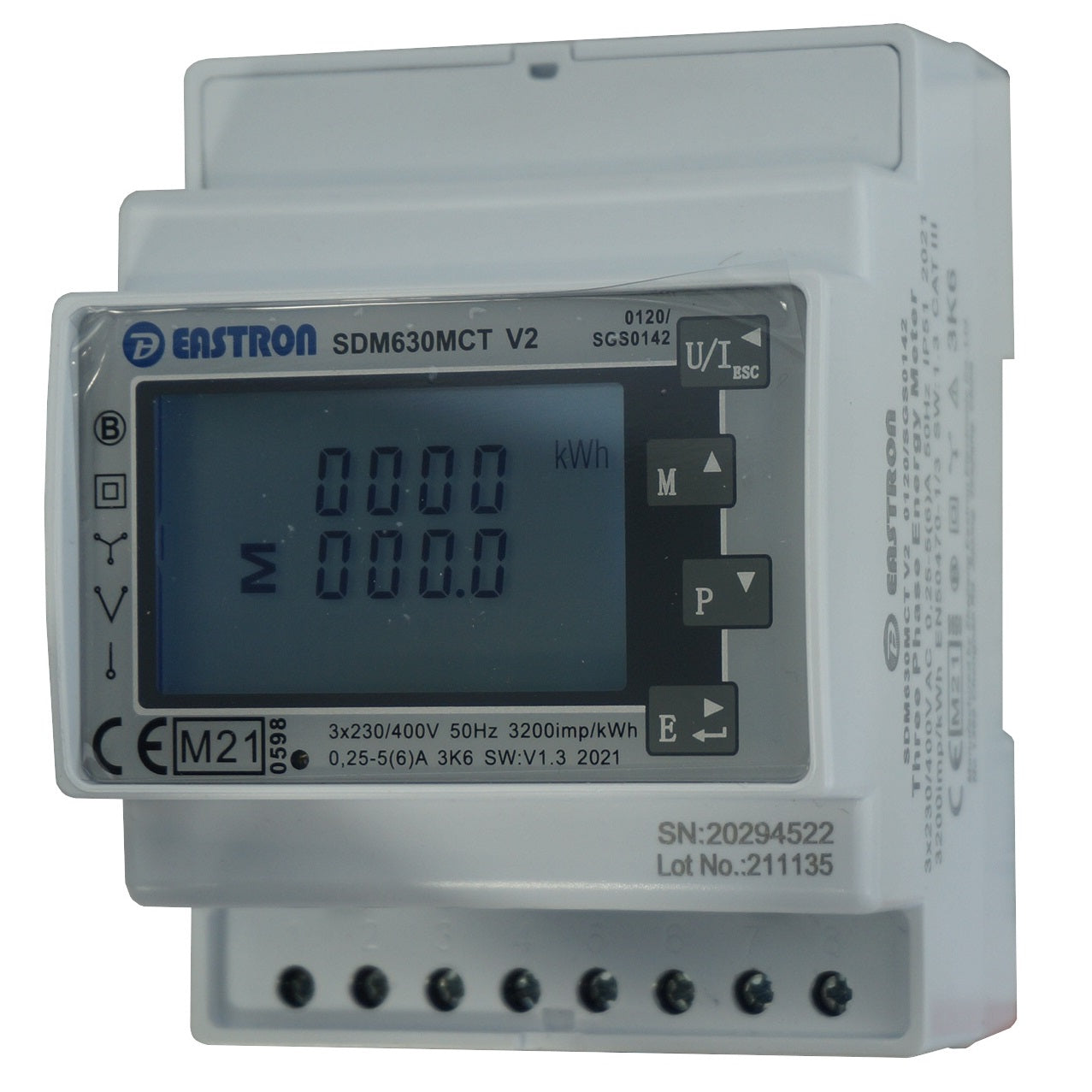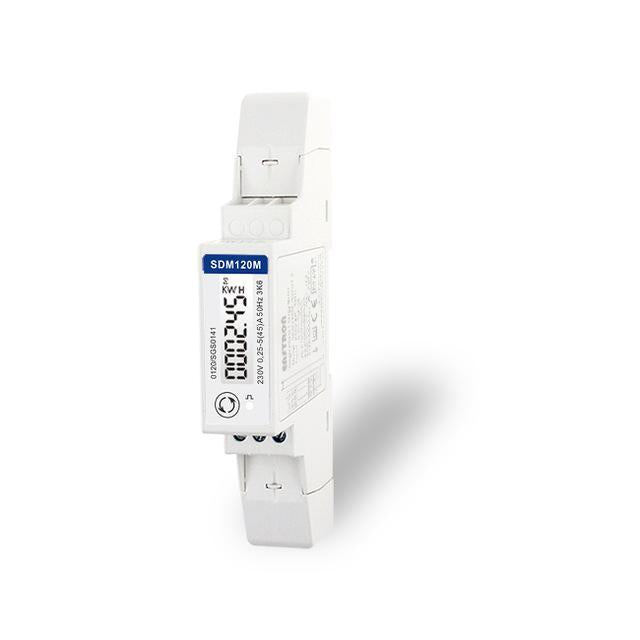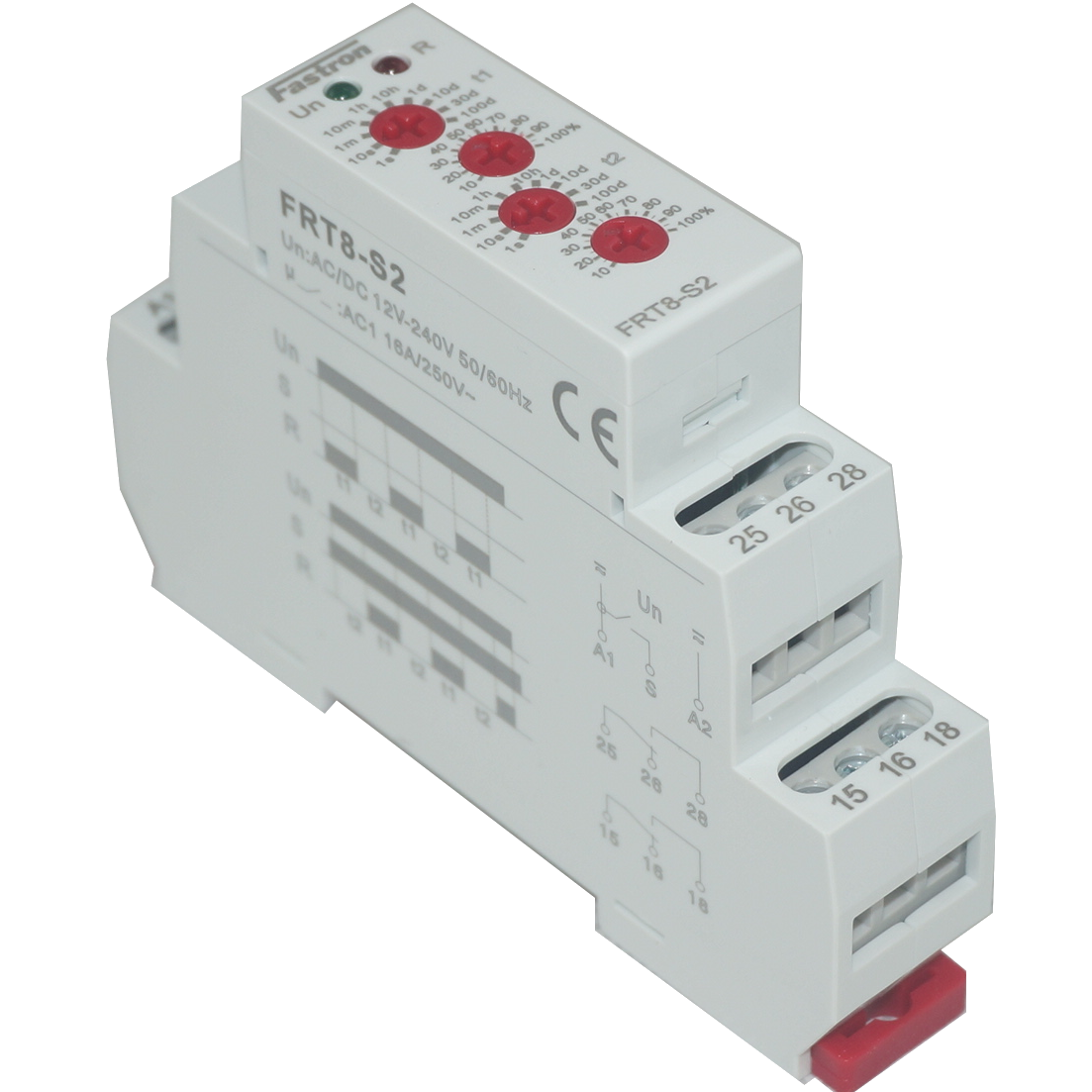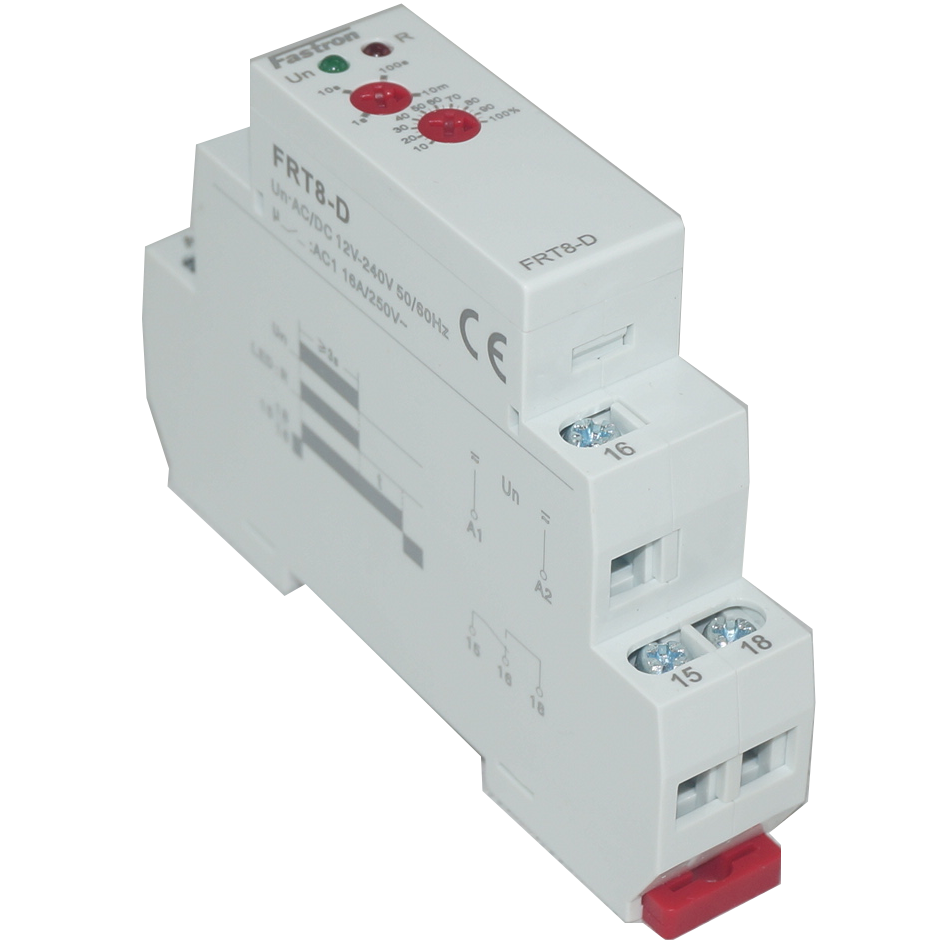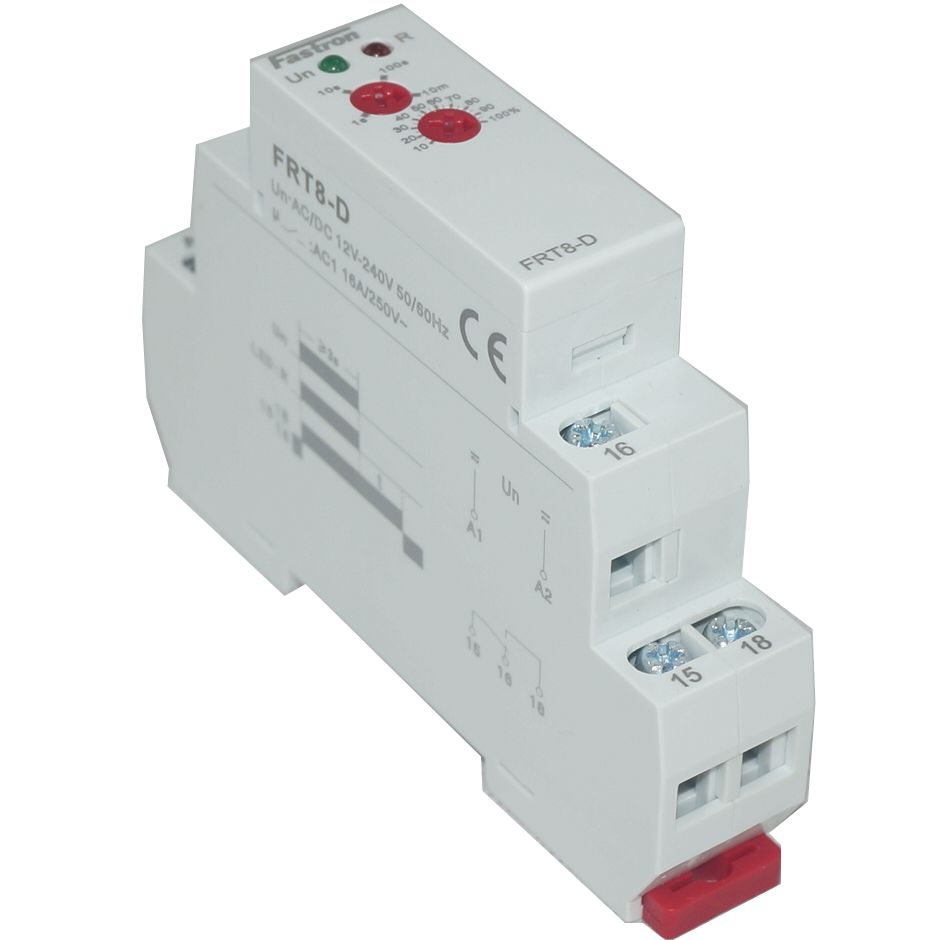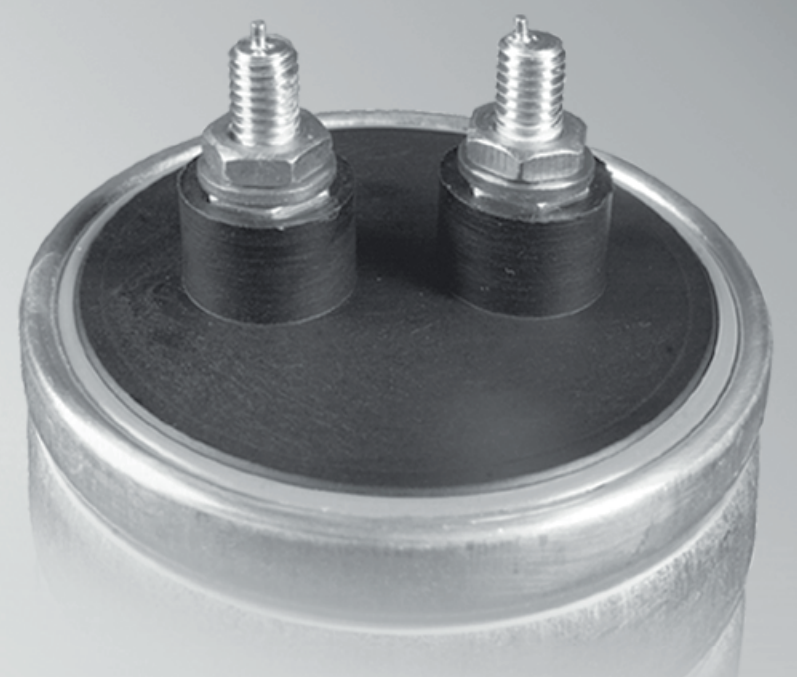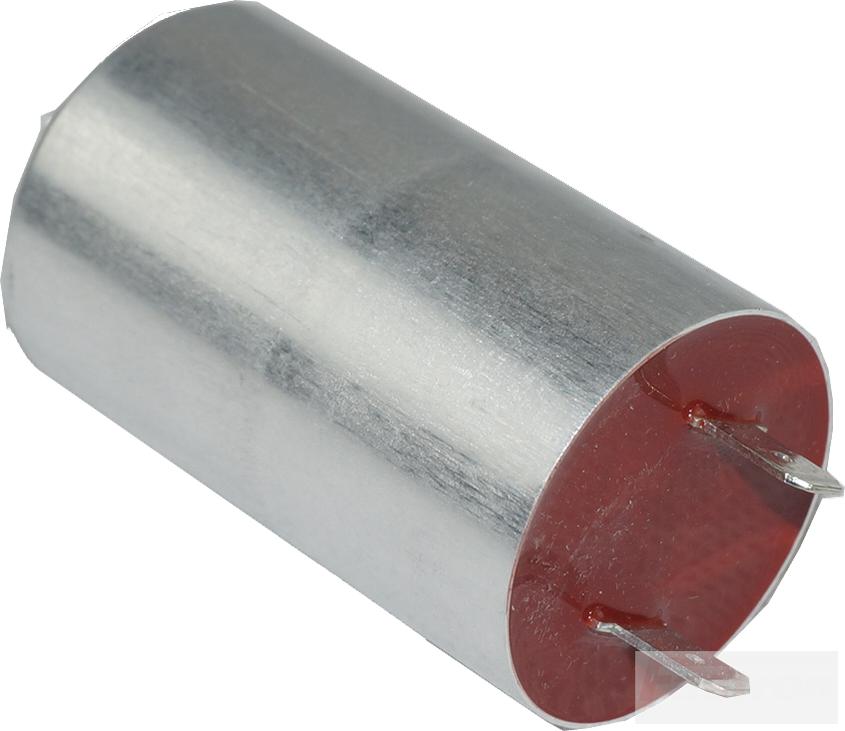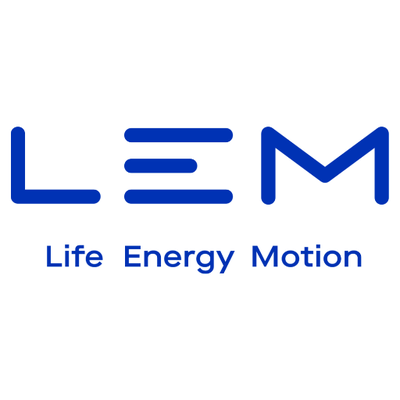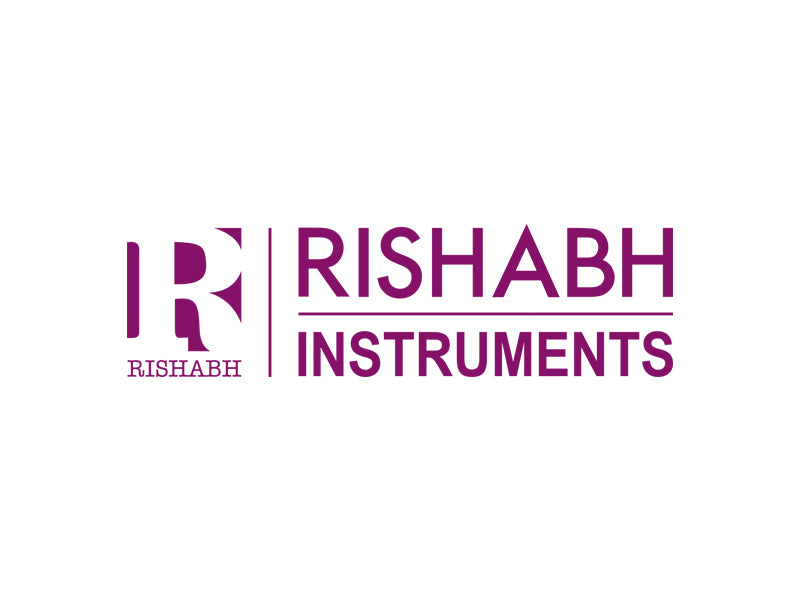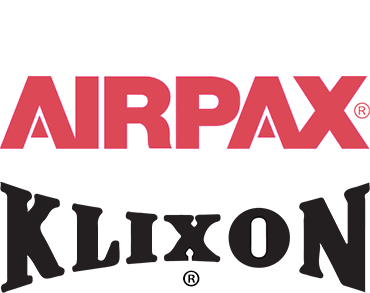All Departments
-
E-Mobility and Renewables
Current Sensors
-
Current and Voltage Sensors
Current Sensors/Transducers
- Split Core AC Current Sensors Process Output
- Solid Core AC Current Sensors with Process Outputs
- DC Current Sensor with Process Outputs
- DC Current Shunts
- Panel Mount Current Sensors
- Busbar Mount Current Sensors
- Surface Mount Current Sensors
- PCB Mount Current Sensors
- Automotive Current Sensors
- High Precision/Flux Gate
- Sensor Mounting Accessories
Voltage Sensors/Transducers
Current Transformers
Special Current Sensors
kWh Energy Meters
-
Temperature/Humidity Control
Power Process Automation
Motor Control and Protection
Programable Logic Controllers and HMI
-
kWh Meters
Current Transformers
Din Rail Mount Transducers, Transmitters, Panel Meters
-
Circuit Breakers
- Moulded Case Circuit Breakers (MCCB)
- DC Moulded Case Circuit Breakers (DCMCCB)
- Miniature Circuit Breakers (MCB)
- DC Circuit Breakers
- RCD with Circuit Breaker (RCBO)
- Residual Current Circuit Breakers (RCCB,RCD)
- Hydraulic/Magnetic Circuit Breakers
- Appliance Thermal Circuit Breakers
- Rocker Switch Circuit Breakers
- Motor Protection Circuit Breakers
Switches and Indicators
Timers & Relays
-
Power Semiconductors
Heatsink And Cooling
-
Circuit Breakers & Appliance Fuses
Circuit Breakers
- Miniature Circuit Breakers (MCB)
- Moulded Case Circuit Breakers (MCCB)
- DC Miniature Circuit Breakers (DC MCB)
- DC Moulded Case Circuit Breakers (DC MCCB)
- Appliance Thermal Circuit Breakers
- Rocker & Push Button Circuit Breakers
- Motor Protection Breakers & Starters
- Hydraulic Magnetic Circuit Breakers
- Residual Current Device (RCD)
- Residual Current Circuit Breakers with Overcurrent Detection (RCBO)
Appliance Fuses & Holders
Solar Fuses
I²t Ultra Rapid Fuses
Semiconductor/HRC Fuses
- BS88 Style Fuse Links (aR)
- Small square Body DIN 43 653 Fuses (aR)
- European DIN 43 653 Fuses (aR)
- Automotive Power Fuses (gR)
- Cartridge Fuses with Din Rail Holder (gR)
- Cartridge Semiconductor Fuses (gR)
- European Size 33 (aR)
- NH0/NH00 Fuses (gG/gL)
- NH000 Fuses (gG/gL)
- NH1 Fuses (gG/gL)
- NH2 Fuses (gG/gL)
- NH3 Fuses (gG/gL)
- Amp Trap Fuses (Round)
Fuse Holders/Mounting Hardware
DC Contactor and Batttery Fuses
Surge Protection & Safety
-
Power Controllers
Power Factor Correction
Power Quality and EMC
-
Solid State Relays
- AC Control Solid State Relays
- DC Control Solid Sate Relays
- AC Switching Solid State Relays
- DC Switching Solid State Relays
- Din Rail Mount Solid State Relays
- Proportional Phase/Burst SSR
- 2 Pole Solid State Relays
- 3 Phase Solid State Relays
- Triac & AC Switch Modules
Solid State Relay & Heatsink
Slim DIN Rail or PCB Mount Types
Solid State Contactors
Contactors and HV Relays
Relays and Timers
-
Power Supplies and Battery Chargers
Battery Chargers, UPS
Test Equipment
Test Leads and Probes
-
IEC Inlets and Connectors
Wide Range of Switches
Cordsets & Power Distribution
-
Environmental
Light & Sound
-
Communication Hardware
Software & IOT Systems
No result found for your search.
-
-
-
-
- Current Sensors/Transducers
- Split Core AC Current Sensors Process Output
- Solid Core AC Current Sensors with Process Outputs
- DC Current Sensor with Process Outputs
- DC Current Shunts
- Panel Mount Current Sensors
- Busbar Mount Current Sensors
- Surface Mount Current Sensors
- PCB Mount Current Sensors
- Automotive Current Sensors
- High Precision/Flux Gate
- Sensor Mounting Accessories
-
-
-
-
-
-
- Temperature and Humidity Controllers
- Dial / Encoder Temperature Controllers
- 48x24mm Panel Size
- 48x48mm Panel Size
- 72x72mm Panel Size
- 48x96mm Panel Size
- 96x48mm Panel Size
- 96x96mm Panel Size
- Dual Loop Controllers
- PWM Duct Heater Modules
- Pattern/Step/Ramp-Soak Controllers
- Refrigeration and HVAC Controllers
- DIN Rail Mount
-
-
-
-
-
-
-
- Moulded Case Circuit Breakers (MCCB)
- DC Moulded Case Circuit Breakers (DCMCCB)
- Miniature Circuit Breakers (MCB)
- DC Circuit Breakers
- RCD with Circuit Breaker (RCBO)
- Residual Current Circuit Breakers (RCCB,RCD)
- Hydraulic/Magnetic Circuit Breakers
- Appliance Thermal Circuit Breakers
- Rocker Switch Circuit Breakers
- Motor Protection Circuit Breakers
-
-
-
-
-
-
- Circuit Breakers
- Miniature Circuit Breakers (MCB)
- Moulded Case Circuit Breakers (MCCB)
- DC Miniature Circuit Breakers (DC MCB)
- DC Moulded Case Circuit Breakers (DC MCCB)
- Appliance Thermal Circuit Breakers
- Rocker & Push Button Circuit Breakers
- Motor Protection Breakers & Starters
- Hydraulic Magnetic Circuit Breakers
- Residual Current Device (RCD)
- Residual Current Circuit Breakers with Overcurrent Detection (RCBO)
-
- Semiconductor/HRC Fuses
- BS88 Style Fuse Links (aR)
- Small square Body DIN 43 653 Fuses (aR)
- European DIN 43 653 Fuses (aR)
- Automotive Power Fuses (gR)
- Cartridge Fuses with Din Rail Holder (gR)
- Cartridge Semiconductor Fuses (gR)
- European Size 33 (aR)
- NH0/NH00 Fuses (gG/gL)
- NH000 Fuses (gG/gL)
- NH1 Fuses (gG/gL)
- NH2 Fuses (gG/gL)
- NH3 Fuses (gG/gL)
- Amp Trap Fuses (Round)
-
-
-
Need help? Contact us
+61 (0)3 97635155
sales@fastron.com.au
My Cart
Your cart is empty
- Home
- All Collections
- LEM Automotive Current Sensors
LEM Automotive Current Sensors

Looking for LEM Automotive Hall Effect Current Sensors?
Fastron is the sole LEM agent in Australia and has been working with LEM for over 25 years as renewable technology has developed. Through their extensive experience, Fastron can help you select the right sensor for the application while offering stocking and special project pricing arrangements.
More models to be added based on customer demand. Please Contact Us for any parts not listed here.
FAQ's
1. What is an Automotive Current Sensor?
An Automotive Current Sensor is a device used to monitor electrical current flow in a vehicle’s systems. It helps ensure that various components, such as batteries and motors, operate safely and efficiently by providing accurate current measurements.
2. How does an Automotive Current Sensor work?
An Automotive Current Sensor typically uses the Hall Effect to detect and measure current flow without direct contact with the conductor. It converts the magnetic field generated by current into a readable signal for monitoring and control.
3. Why is an Automotive Current Sensor important in vehicles?
Automotive Current Sensors are vital for monitoring energy consumption, preventing electrical faults, and improving safety. They ensure that systems like the battery, alternator, and electric motor operate within safe current limits.
4. What are the applications of an Automotive Current Sensor in modern cars?
Automotive Current Sensors are used in battery monitoring, electric motor control, power distribution units, and charging systems. They support the efficient operation of both internal combustion and electric vehicles.
5. How can an Automotive Current Sensor improve vehicle performance?
By providing accurate current data, Automotive Current Sensors help optimise power delivery, manage energy use, and detect faults early. This leads to enhanced performance, reliability, and longer lifespan of vehicle components.
6. What are the key features to consider when choosing an Automotive Current Sensor?
Important features include current range, accuracy, response time, size, and compatibility with the vehicle’s electrical system. Choosing a sensor from a trusted supplier like Fastron ensures high performance and reliability.
7. Can an Automotive Current Sensor help with battery management in electric vehicles?
Yes, an Automotive Current Sensor is crucial for battery management in EVs. It tracks charging and discharging currents, helping maintain battery health, prevent overcurrent, and optimise charging efficiency.
8. Is the installation of an Automotive Current Sensor complex?
Installation depends on the type of sensor and vehicle design. Many Automotive Current Sensors are designed for easy integration, especially when supported by professional advice from experienced suppliers like Fastron.
9. How do Automotive Current Sensors contribute to energy efficiency in vehicles?
By enabling precise current monitoring, Automotive Current Sensors help manage power usage more effectively. This leads to reduced energy waste, better battery utilisation, and improved overall energy efficiency in the vehicle.
10. What factors can affect the accuracy of an Automotive Current Sensor?
Sensor accuracy can be influenced by temperature, magnetic interference, mounting location, and electrical noise. Choosing high-quality sensors and following proper installation guidelines helps ensure consistent performance.
$184.00
$259.00
$62.00
$112.80
$49.00

